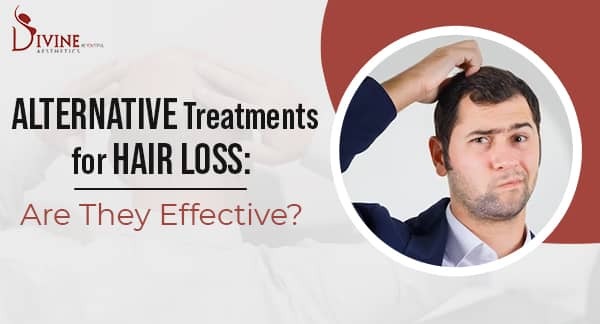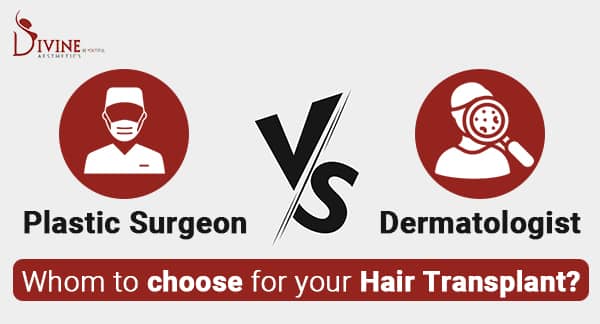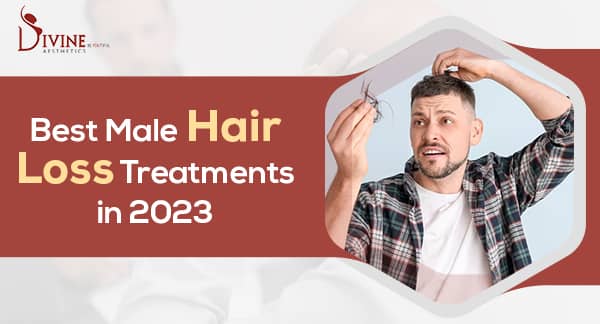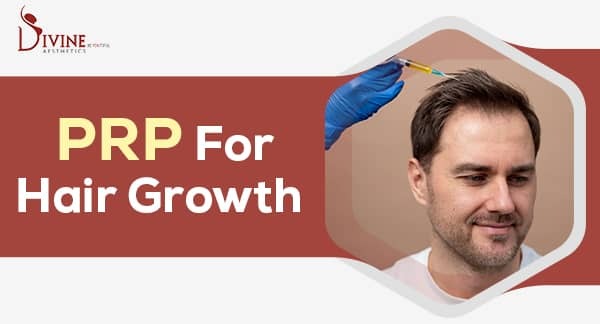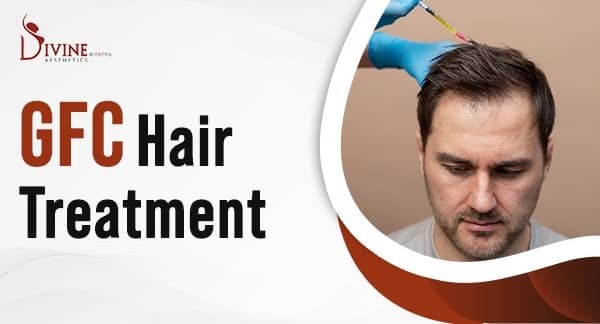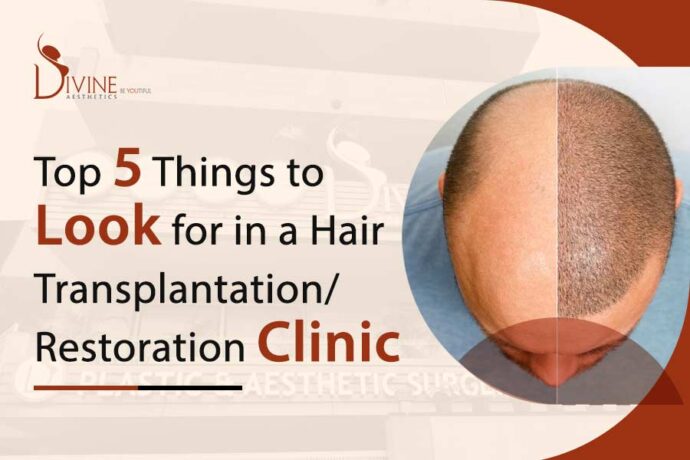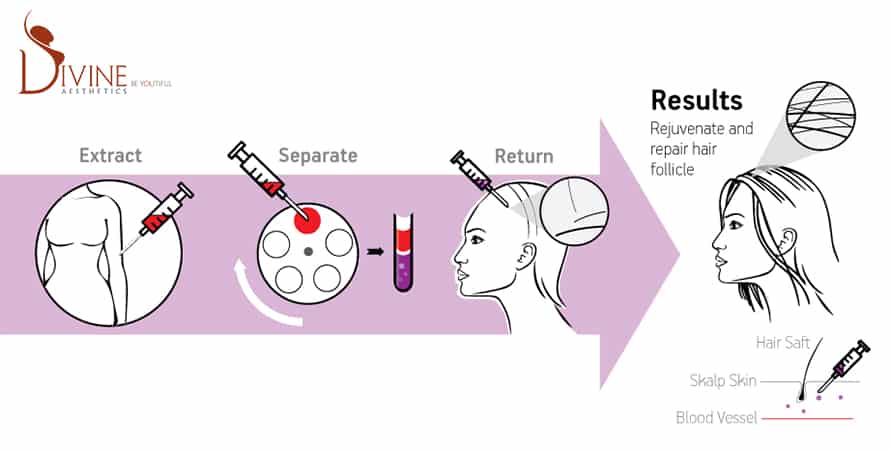Alternative Treatments for Hair Loss: Are They Effective?
Hair loss is a common concern for both men and women, and it can have a significant impact on self-esteem and overall well-being. Many people turn to alternative treatments in search of a solution to their hair loss woes. These alternative treatments range from herbal remedies to dietary changes and even scalp massages. But the question remains: Are these alternative treatments truly effective in treating hair loss? In this blog, we will explore some popular alternative hair loss treatments and examine their effectiveness based on scientific evidence.
Understanding Hair Loss: Causes and Types
Hair loss, also known as alopecia, can have various causes and occur in different patterns. Understanding the underlying causes and types of hair loss is crucial in exploring alternative treatments. Here are some common causes and types of hair loss:
- Androgenetic Alopecia: Androgenetic Alopecia, also known as male or female pattern baldness, stands out as the prevalent form of hair loss. It is believed to be influenced by genetic and hormonal factors. In men, hair loss typically begins with a receding hairline and thinning at the crown, while in women, it results in overall thinning of the hair.
- Telogen Effluvium: This type of hair loss occurs when there is a disruption in the hair growth cycle, leading to excessive shedding. It can be triggered by factors such as stress, hormonal changes, illness, nutritional deficiencies, or certain medications.
- Alopecia Areata: Alopecia areata is an autoimmune condition in which the immune system mistakenly attacks the hair follicles, resulting in patchy hair loss. It can affect any hair-bearing area of the body.
- Traction Alopecia: Traction alopecia is caused by constant pulling or tension on the hair follicles. It often occurs due to tight hairstyles like braids, ponytails, or extensions, and can lead to hair breakage and permanent hair loss if not addressed.
The Appeal of Alternative Treatments for Hair Loss
The appeal of alternative treatments for hair loss lies in their perceived naturalness and potential minimal side effects compared to conventional medications or invasive procedures. Many people prefer exploring alternative options before considering more aggressive treatments. Alternative treatments often tap into the desire for holistic approaches and self-care practices.
While it’s important to acknowledge the appeal, it’s equally essential to approach alternative treatments with a critical mindset. Scientific evidence supporting their effectiveness is often limited, and individual responses may vary. It is crucial to manage expectations and understand that alternative treatments may not offer the same level of efficacy as medically proven options.
Browse the related video – hair loss treatment
Exploring the Role of Nutrition in Hair Health
Diet plays a significant role in overall health, and hair health is no exception. Certain nutrients are essential for maintaining healthy hair growth and preventing hair loss. While a balanced diet is important, specific nutrients have been associated with promoting hair health:
- Biotin: Biotin, also known as vitamin B7, is believed to support hair growth and strength. Foods rich in biotin include eggs, nuts, seeds, sweet potatoes, and leafy greens. However, it’s important to note that biotin deficiency is rare in individuals with a balanced diet, and supplementation may not be necessary unless advised by a healthcare professional.
- Omega-3 Fatty Acids: Omega-3 fatty acids have anti-inflammatory properties and can contribute to a healthy scalp. They can be found in fatty fish like salmon, mackerel, and sardines, as well as in walnuts and flaxseeds. While evidence suggests a potential benefit for hair health, further research is needed to determine optimal dosages and long-term effects.
- Protein: Hair is composed primarily of protein, so ensuring an adequate protein intake is crucial for healthy hair growth. Include lean meats, poultry, fish, legumes, and dairy products in your diet to meet your protein needs.
- Vitamins and Minerals: Several vitamins and minerals, including vitamin D, vitamin E, iron, zinc, and selenium, are important to be included in the hair care routine. While deficiencies in these nutrients can contribute to hair loss, supplementation should be done under the guidance of a healthcare professional.
Herbal Remedies –
Herbal remedies have been used for centuries in traditional medicine systems to address various health conditions, including hair loss. Some popular herbs believed to promote hair growth include saw palmetto, stinging nettle, and aloe vera. However, it’s important to note that scientific evidence supporting the efficacy of these herbal remedies is limited.
For instance, saw palmetto is often recommended as a natural remedy for androgenetic alopecia, the most common form of hair loss and should be included in the hair care routine. Some studies suggest that saw palmetto may inhibit the enzyme that converts testosterone into dihydrotestosterone (DHT), a hormone implicated in hair loss. However, more research is needed to establish its effectiveness and determine the appropriate dosage for your hair treatment regime.
Essential Oils:
Essential oils like rosemary, lavender, and peppermint are frequently touted as natural remedies for hair loss. Proponents claim that these oils can stimulate hair growth by improving blood circulation, reducing inflammation, and promoting a healthy scalp environment. While these claims sound promising, there is currently insufficient scientific evidence to support the use of essential oils as a standalone hair treatment for hair loss.
However, some studies have shown positive results when essential oils are used in combination with other treatments. For example, a 2016 study published in the Archives of Dermatological Research found that a combination of rosemary oil, peppermint oil, and minoxidil (a medication commonly used to treat hair loss) led to significantly more hair regrowth compared to minoxidil alone. This suggests that essential oils may enhance the effectiveness of conventional treatments, but further research is necessary to establish their standalone efficacy.
Dietary Changes:
Nutrition plays a vital role in maintaining overall health, including the health of your hair. Some alternative treatments for hair loss focus on dietary changes and the consumption of specific nutrients. For instance, biotin, a B-vitamin found in foods like eggs, nuts, and sweet potatoes, is often recommended for promoting hair growth. While biotin deficiency can contribute to hair loss, there is limited evidence supporting the use of biotin supplementation in individuals with normal biotin levels.
Similarly, omega-3 fatty acids, commonly found in fatty fish like salmon and mackerel, have been associated with improved hair density and reduced hair loss when included as a part of the hair care routine in some studies. However, more research is needed to determine the optimal dosage and long-term effects of omega-3 supplementation for hair loss treatment.
Scalp Massages and Acupuncture:
Scalp massages and acupuncture are alternative treatments that aim to stimulate hair growth by increasing blood flow to the scalp and promoting relaxation. While these treatments may provide a soothing experience, the evidence supporting their efficacy is limited.
A small-scale study published in the Journal of Traditional Chinese Medicine found that scalp acupuncture combined with conventional treatment resulted in better hair regrowth compared to conventional treatment alone. However, larger, well-designed studies are necessary to validate these findings and determine the true effectiveness of these alternative therapies.
Low-Level Laser Therapy (LLLT):
Low-level laser therapy, also known as red light therapy, involves the use of lasers or light-emitting diodes to stimulate hair growth. It is believed to work by increasing blood flow to the hair follicles and promoting cellular activity.
Low-level laser therapy (LLLT) has gained popularity as an alternative treatment for hair loss. It is a non-invasive procedure that can be performed at home using handheld devices or in specialized clinics. Some studies have shown positive results with LLLT in treating hair loss, particularly in individuals with androgenetic alopecia.
Browse the related video
Conclusion :
It’s worth mentioning that while some alternative treatments may show promise, it is crucial to consult with a healthcare professional before embarking on any new treatment regimen. They can provide personalized advice based on your specific situation and medical history. Additionally, it’s essential to manage expectations when considering alternative treatments for hair loss. While these treatments may offer some benefits, they may not be as effective as medically proven options such as minoxidil or finasteride. These medications have been extensively studied and approved by regulatory authorities for the treatment of hair loss.
In conclusion, alternative treatments for hair loss offer a diverse range of options for individuals seeking non-conventional approaches. While some alternative treatments show promise in promoting hair growth, the scientific evidence supporting their efficacy is often limited or inconclusive. It’s essential to approach these treatments with caution and consult with a healthcare professional to determine the best course of action.
Facing hair loss? Visit us at Divine Cosmetic Surgery Clinic
If you’re facing hair loss and seeking professional guidance, it is advisable to visit Dr. Amit Gupta, the head surgeon at Divine Cosmetic Surgery Clinic. With his expertise and experience in the field of hair restoration, Dr. Gupta can provide personalized and evidence-based solutions for your hair loss concerns. As a skilled and renowned surgeon, he stays updated with the latest advancements in hair restoration techniques, ensuring that his patients receive the most effective and suitable treatments available. Dr. Gupta’s holistic approach and commitment to patient satisfaction make him an excellent choice for those seeking comprehensive care. By visiting Divine Cosmetic Surgery Clinic and consulting with Dr. Amit Gupta, you can take a proactive step towards addressing your hair loss concerns and restoring your confidence.
Now book a consultation with us at Divine Cosmetic Surgery.

